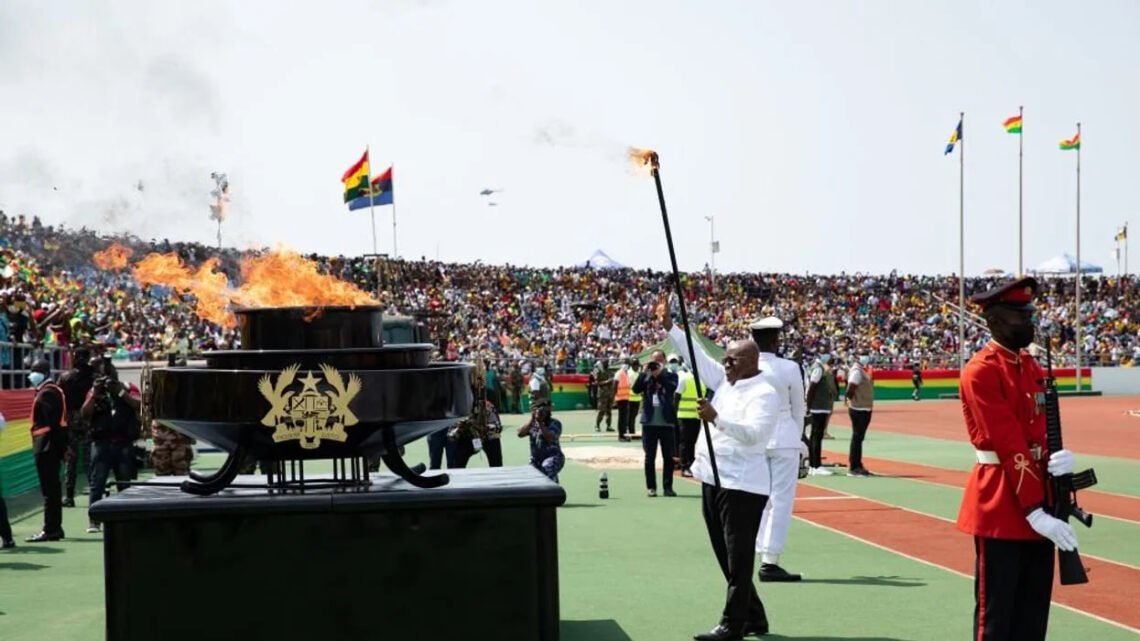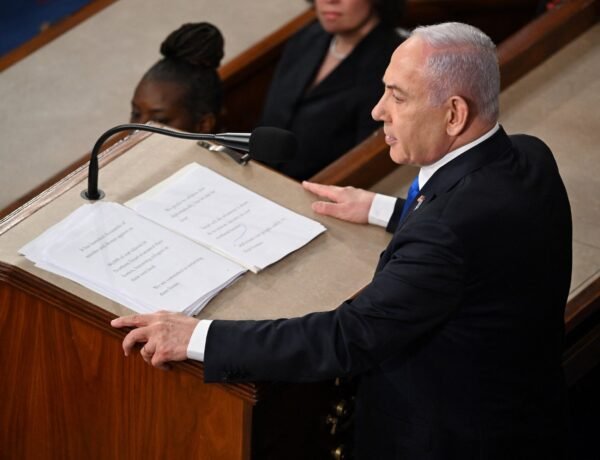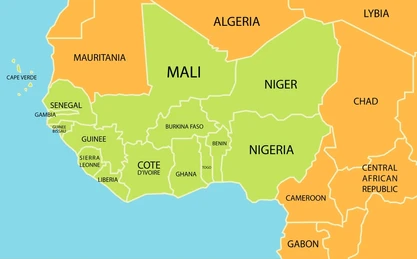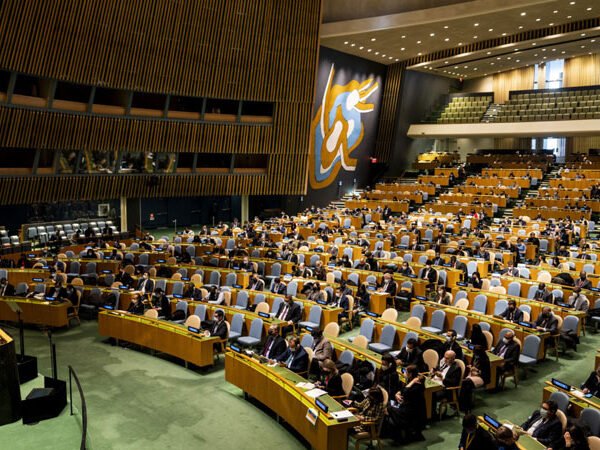Introduction:
The practice of celebrating independence day within individual and majority of states across the continent of Africa is hollow and meaningless, but has become a convenient strategy adopted by political elites in the continent to siphon and expend states’ resources in pursuit of their egoistic and personal aggrandisement. One recent example of wasting state resources in the name of celebrating national independence was on the 6th March 2024 when the New Patriotic Party (NPP), the reigning political party in Ghana hosted the event in the Eastern Regional Capital of Koforidua. While Ghanaians working in public agencies/organisations are legally required to proceed on retirement at the productive of sixty (60) years, with extensions granted to those whose expertise are indispensable in certain critical sectors, a hollow argument is peddled that Ghana at 67 years of independence still needs time to grow into a developed state. Although such statement sounds plausible because states like the USA and Britain, are three-four hundred years of independence and thus worth their developed status is superfluous. A careful examination of the above point is crucial; because, given the rich natural resources of the country coupled with the vibrant youth population as well as the enterprising nature of its people, that position is not unsustainable. Against that backdrop, this blog in organised in two parts. The first part examines the issue of nominal and substantive independence whilst the second part considers strategies of managing domestic resources to secure substantive socio-economic well-being of Ghana and its people.
Nominal Independence Explained
The dictionary definition of the word ‘nominal’ ‘means a role or status existing in name only.’ Without expending time to analyse the complexity and technicality associated with the word ‘nominal’, in international relations or politics, this blog adopts the literal meaning to demonstrate the premise that Ghana’s Independence status remains ‘nominal’ and hollow as subsequent examples illustrate. At the Presidential Seat (Jubilee House) of government, which is located few metres to the Dutch Embassy, Christ the King Catholic Church, and directly opposite the Police Bungalow, including parts of the 37 Military Hospital, one sees glaring signs of ‘nominal independence in abundance. The reason is that despite the plush status of the presidential seat, those afore-mentioned areas are still in deplorable state with majority of the area seen in red laterite and covered with litters without quality pavement to offer walking opportunity to the public. Equally, two distinct signs could be cited to further illustrate the point. (a) The compound and surroundings of the Police bungalow which is directly opposite the Jubilee House remain in red laterite and the buildings old. (b) There is also a school located few metres away from the Jubilee House whose surroundings and compound are covered in red dust. These two mini examples are not only confined to Accra, the capital city, but also reflect similar poor status of public infrastructures across the country. Furthermore, within the capital city itself, there are many examples of poor socio-economic infrastructures which buttress the country’s ‘nominal’ independence status. Still, within the 37 Hospital environs, social amenities were in sorry state or deplorable with litters and excavated pits dotting the area. At least, one would have expected to see that at 67 years of independence, the entire presidential palace and its environs, as described above, would have been prescient with modern facilities such as good concrete pavements, covered covets, green lanes, and functioning streets decking the entire area- stretching from the Dutch Embassy down to the Airport area and beyond Tetteh-Quarshie.
Moreover, parts of the city of Accra are still in slums, emitting stench which not endangers the health of the people but also compromises the nation’s sustainable development agenda. Although some projects such as the Circle-Dubai overhead eases traffic as well as adds to the developmental effort of the capital and nation, however, the Korle-lagoon which runs from James- town down to Circle is conveniently used as a place of defection by both residents and members of the public working in the area. This malfeasance is attributable to both dominant political parties in Ghana- National Democratic party (NDC) and the New Patriotic Party (NPP)- currently leading the country. While some developing and developed states- Netherlands and Cote d’ Ivoire- use their canals to promote tourist activities so as to raise money to support national development projects, canals in Ghana, are informally designated as toilet facilities and refuse dumps, contributing to poor sanitation problems in the country. This raises sustainable development challenges because defecation in and around the lagoon, due to limited or unavailability of public toilet facilities- produces unhygienic conditions that give rise to malaria and other life-threatening diseases. With President Nana Addo once appointed by the UN Secretary-General as co-chair of the UN Sustainable Development Goals (SDGs), it is frustrating to observe that Ghana cannot manage its basic sanitation and environmental needs to reflect the post 67 years of independence.
On another level, and still in Accra, examples pervade the entire city to buttress the point that Ghana’s independence is at the nominal stage. For example, as one drives down from the Kotoka International Airport through to the Tetteh Quarshie roundabout onto the Kuffour’s M1 along stretch of the Nestle headquarters, there are no street lights illuminating the road. The same is the story of Achimota forest area, including the Police station. These situations are pervasive throughout the regional capitals of the country. One cannot deny the fact that Ghana is a developing country/state, however, at 67 years of independence and in comparison, to Singapore and Malaysia who started their development projects around the same time as Ghana, a more substantive social, economic and political developments, reflecting 67 years of existence is expected rather than nominally celebrating independence days which add nothing concrete to enhance the welfare of the citizenry.
Substantive Independence is the Antidote
Substantive independence, which is the opposite of ‘nominal independence’ stands for practical, concrete and total reliance of a state on its resources and capability to build and develop a country with little or no reliance on foreign and other states. Going by this simple characterisation, Ghana is no where near the mark of achieving substantive independence at 67 years of its freedom from the colonial master. Few examples affirm this point. First, Ghana is on its knees begging the International Monetary Funds (IMF) for a bail-out sum of $3 billion to shore up its economy whilst the country is unbale to service its foreign debts. Given the many resources the country is endowed with, coupled with the small population-size of thirty million, one wonders why and how is the case that the economy is struggling haplessly. The only reason for such desperate development is weak, self-seeking and corrupt leadership- a canker that bedevils the entire countries within the African continent. Second, no state is immune from borrowing money however substantive independence demands that a state like Ghana would be able to organise and generate its internal resources to raise the $3 billion in order to manage its emergency economic needs. Unfortunately, that is not the case, because the current government has repeatedly overspent its budget and deviously used pensioners’ fund in a manner that betrays substantive independence.
Amusingly, each day, both public and private media houses, including credible investigative journalists, reveal and expose government, its agencies and executives of stealing, embezzling and misappropriating public funds with impunity. Yet, the government has feebly and complicitly done nothing to retrieve the money or bring to account the culprits who committed such scandals. A substantive independent-state is one which sanction by punishing its citizens who have committed fraud and financial crimes against the state. Throughout developed countries, both public and private individuals who wilfully commit crimes against the state are held accountable without recourse to their status in government or society, Examples abound in Singapore, Malaysia, Rwanda, Britain, Germany, France, USA and other developed countries, on punitive strategies adopted to stem fraud and criminal related measures against the state.
Substantively, a nation capable of running its own affairs in light of free independence establishes its domestic industry and manufacturing facilities so as to promote the socio-economic and political architectures of its country and people’s welfare. So, in Ghana’s case, the clarion call is to re-strategise national development plan to take advantage of its numerous raw materials and mineral resources by siting local industries owned by the state and private individuals to create ready-made employment opportunities to stabilise and enhance the country’s economic outlook regionally and globally. Equally, promoting the domestic economy by judiciously utilising the country’s raw materials and mineral resources would free Ghana from over-reliance on external states and IMF for insufficient loans, that perpetuates the country’s status as a nominal state. There are bounteous resources within the country to be exploited and managed patriotically by a selfless leader to bring Ghana into the realm of substantive independent state. What is currently lacking is the critical and indispensable element of leadership, which Dr Kwame Nkrumah truly offered to the country but was later rejected by some Ghanaians seeking self-gain.
Conclusion
The view that celebrating Ghana’s national holiday of independence each year on 7th March is pointless vis-à-vis the deplorable socio-economic, political and cultural status of the country. Except that Ghanaians are happy with the miserable state of the economy, poor access to sanitation and infrastructural development, disjointed politics and hopelessness of the people on daily basis, substantive independence should engage the attention of both the governing the and governed. Until Ghana achieves substantive independence, which must be initiated and nursed domestically and promoted by a selfless political leadership, coupled with politically-savvy citizenry, the situation will degenerate into a national desperation. Substantive independence is the antidote but whether the nation is ready to pursue it remains the million-dollar question.




